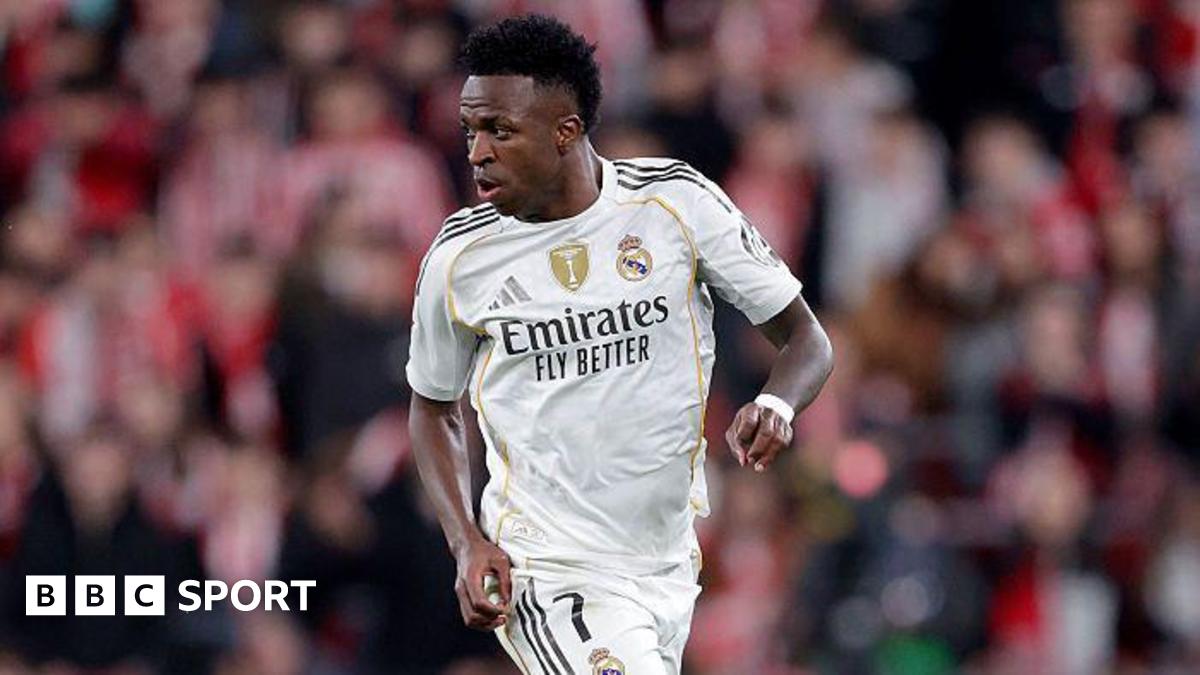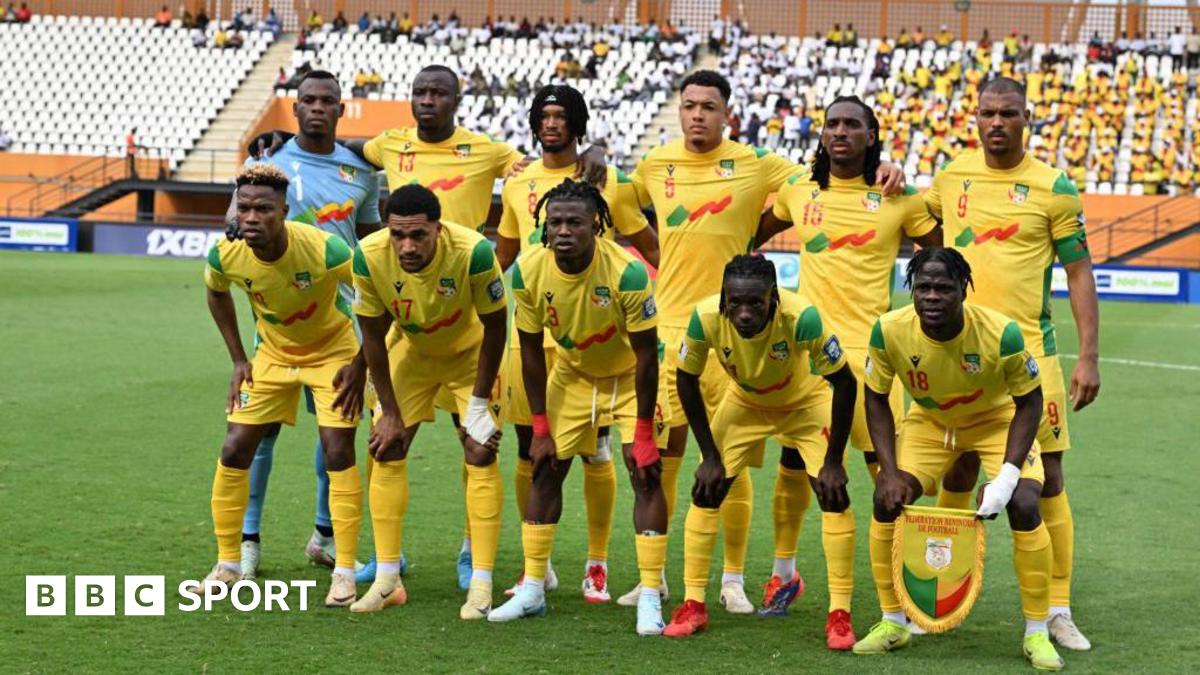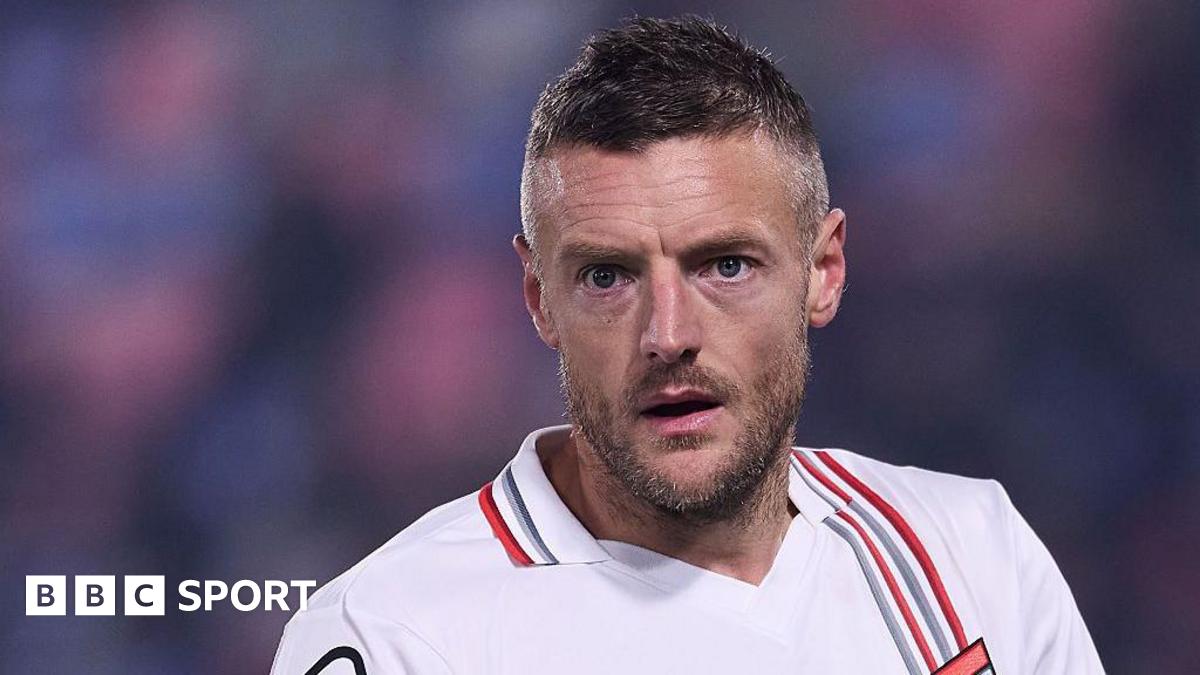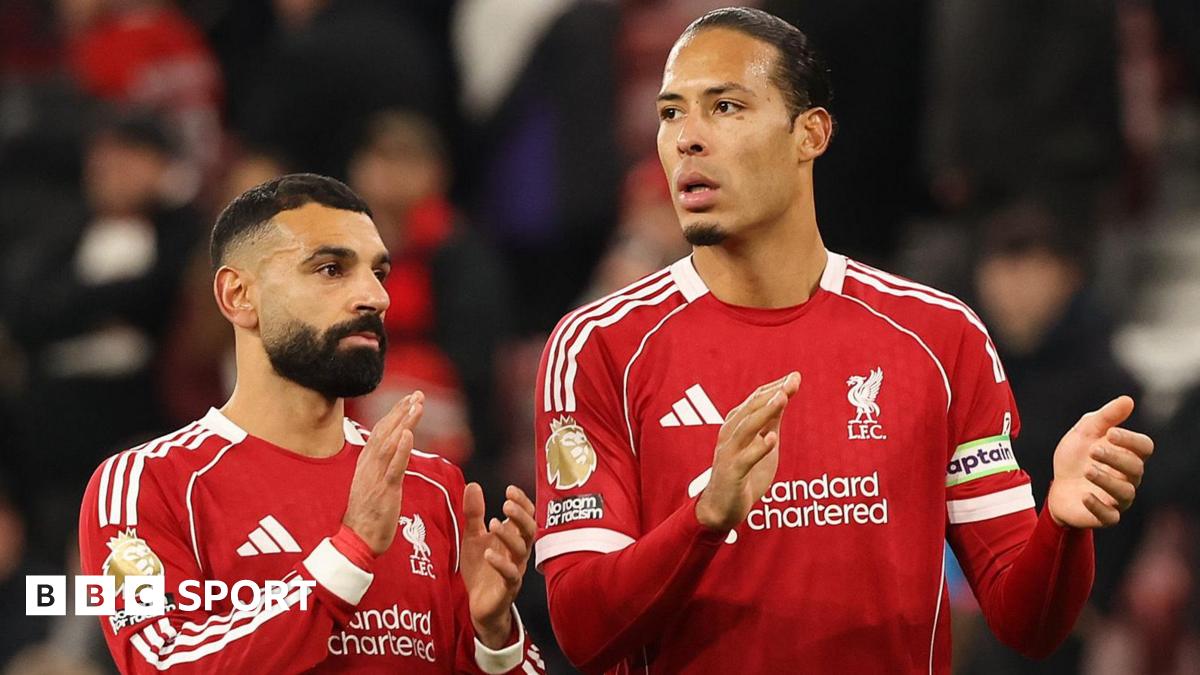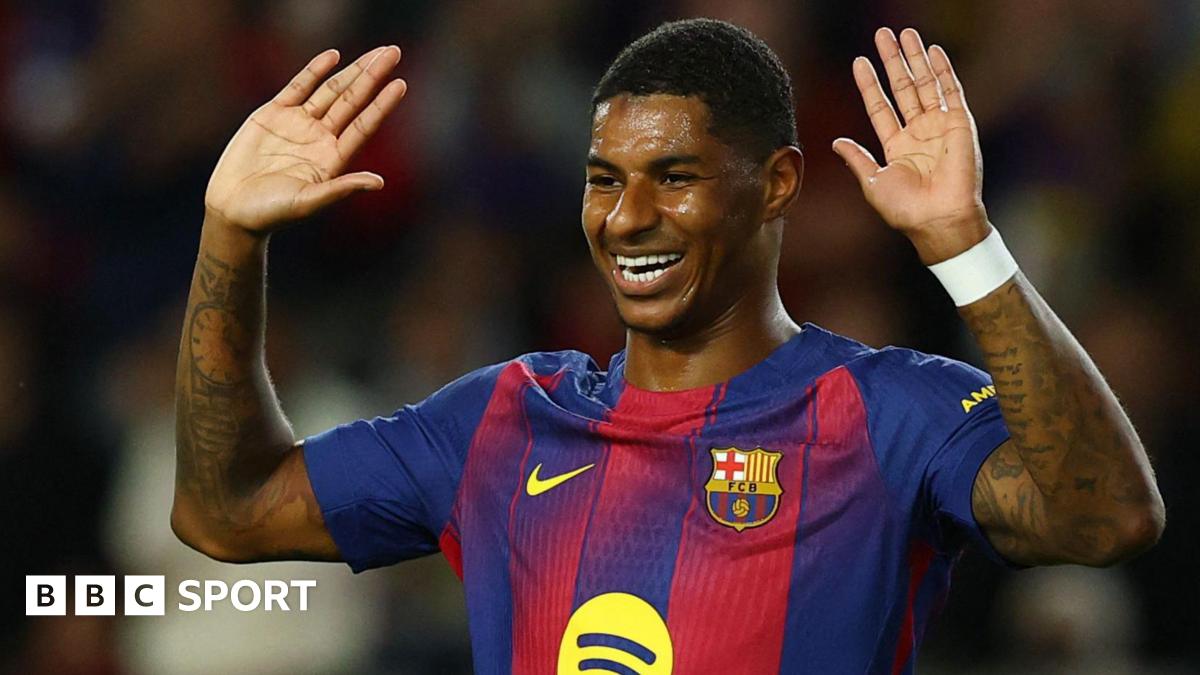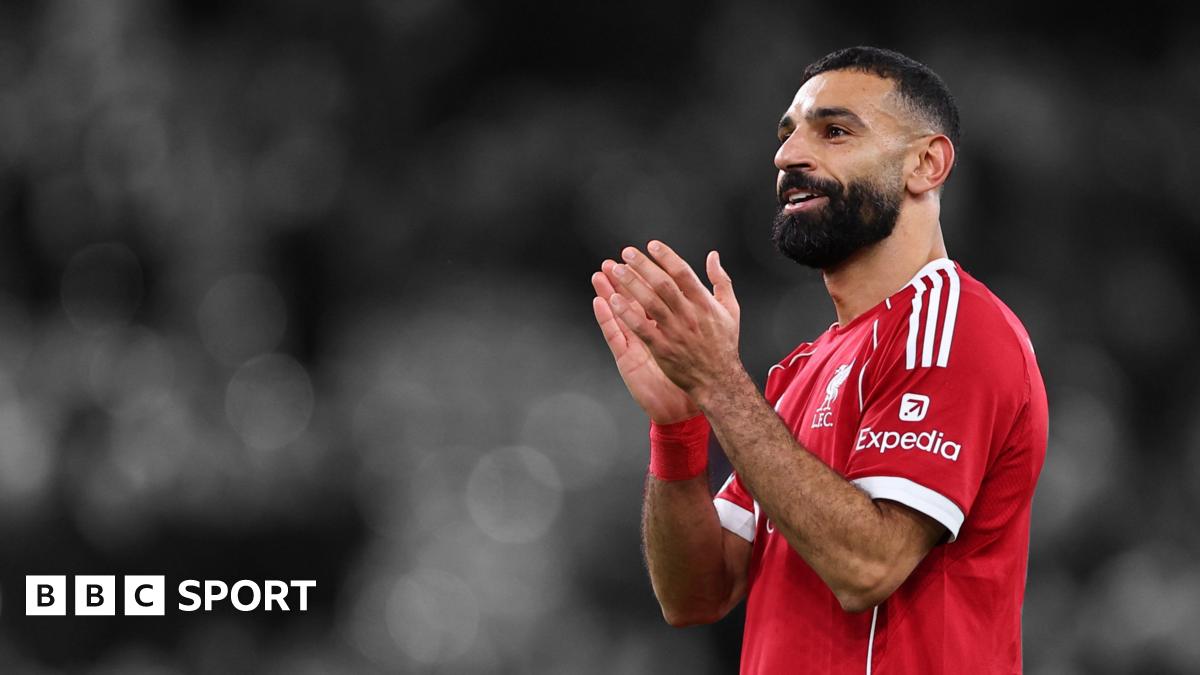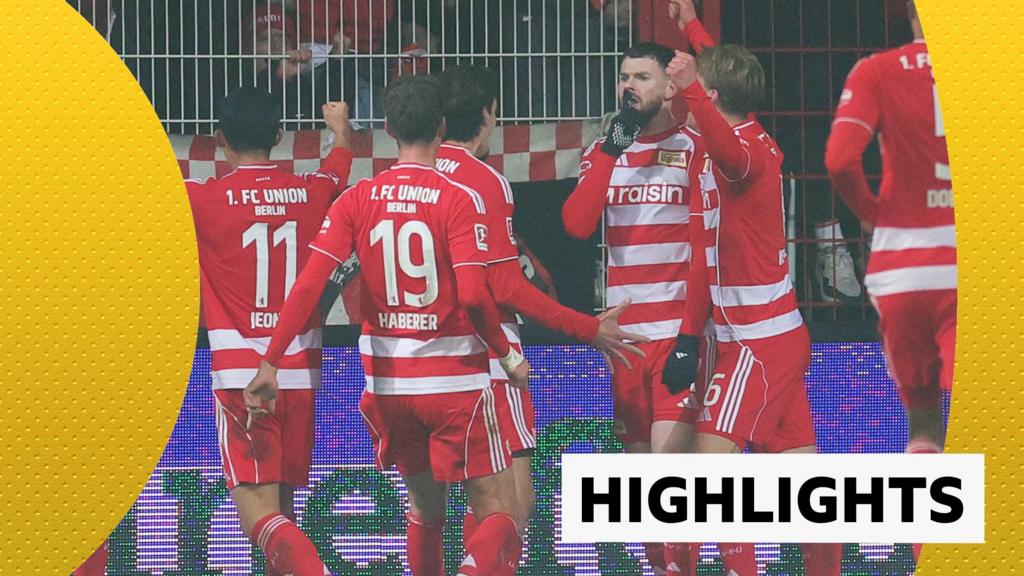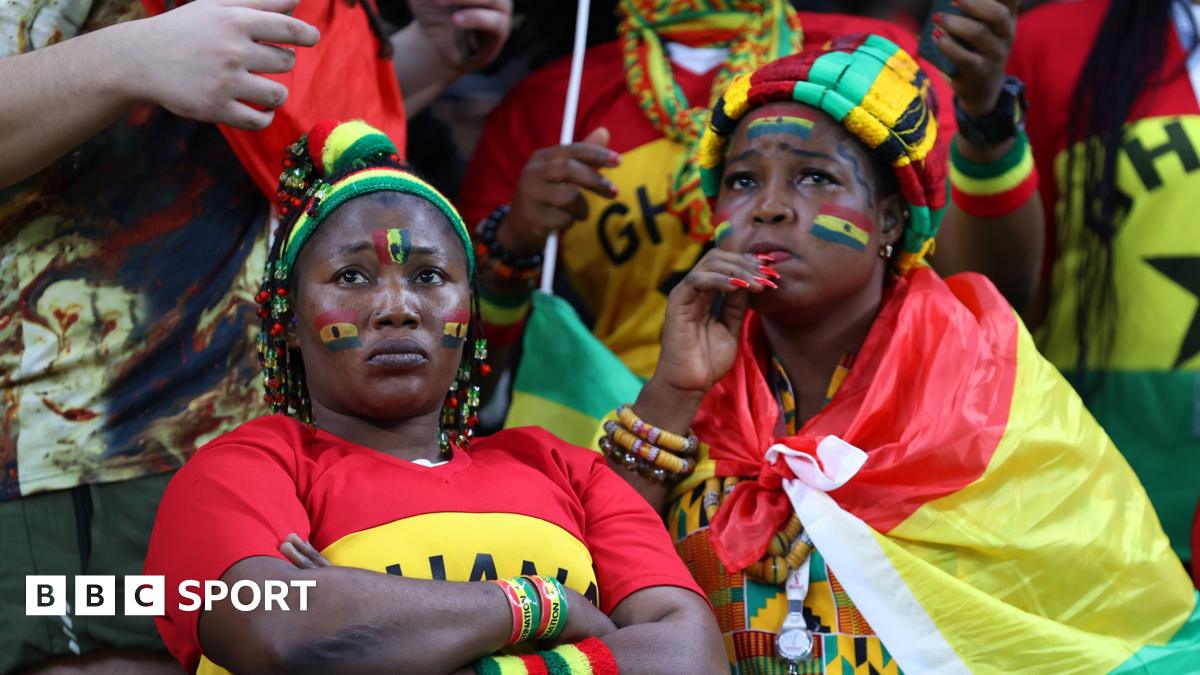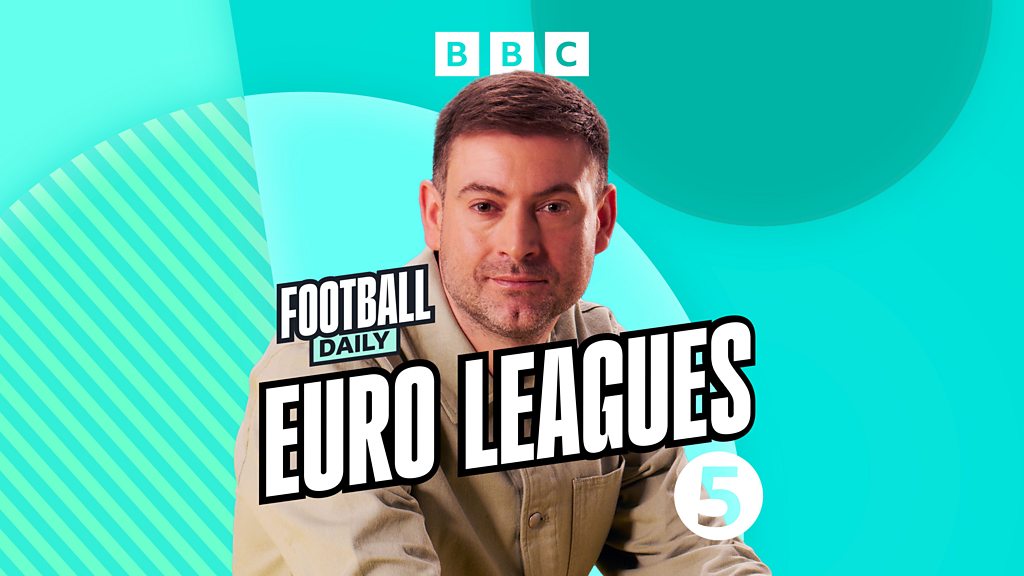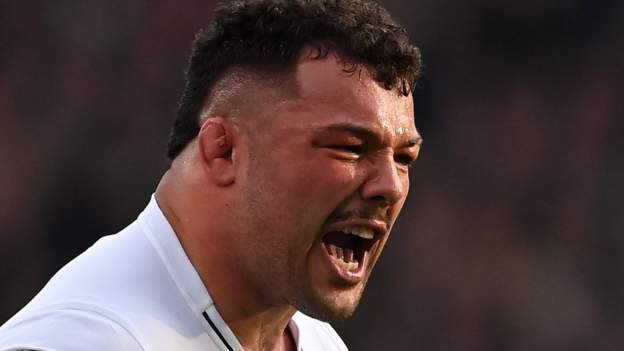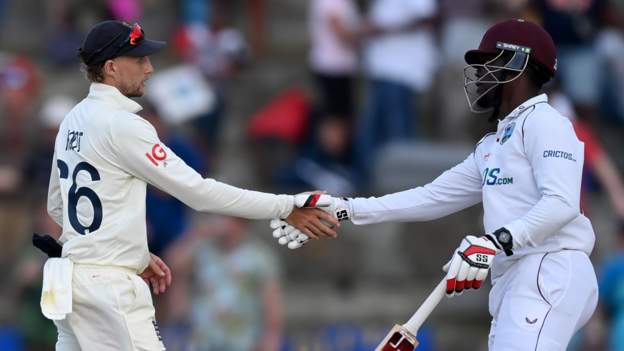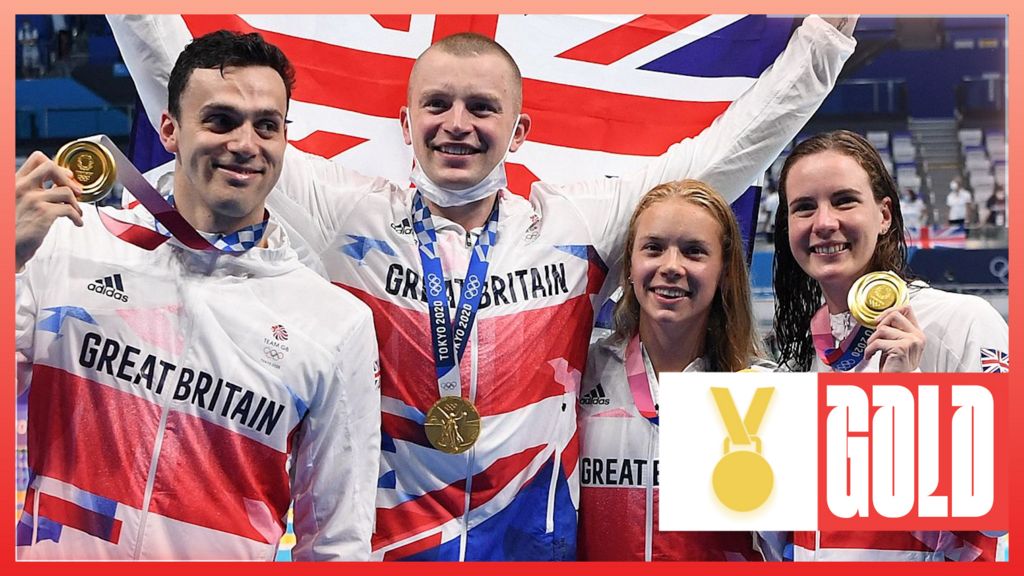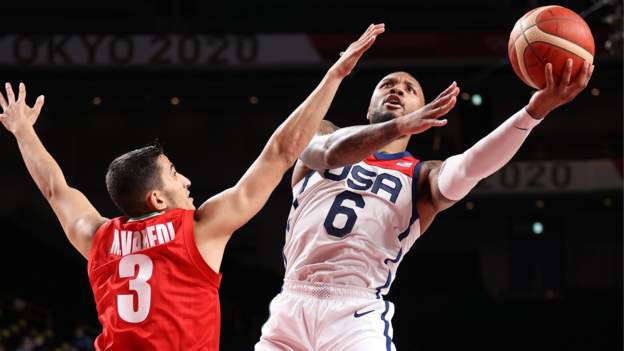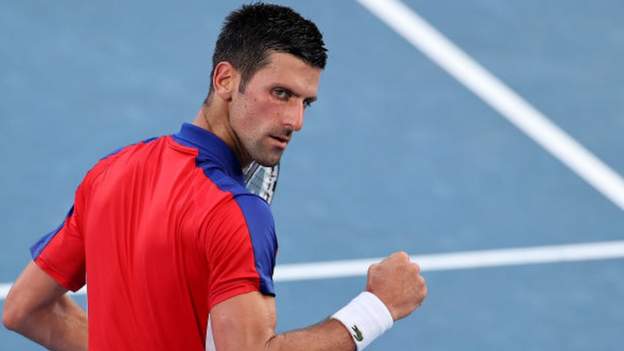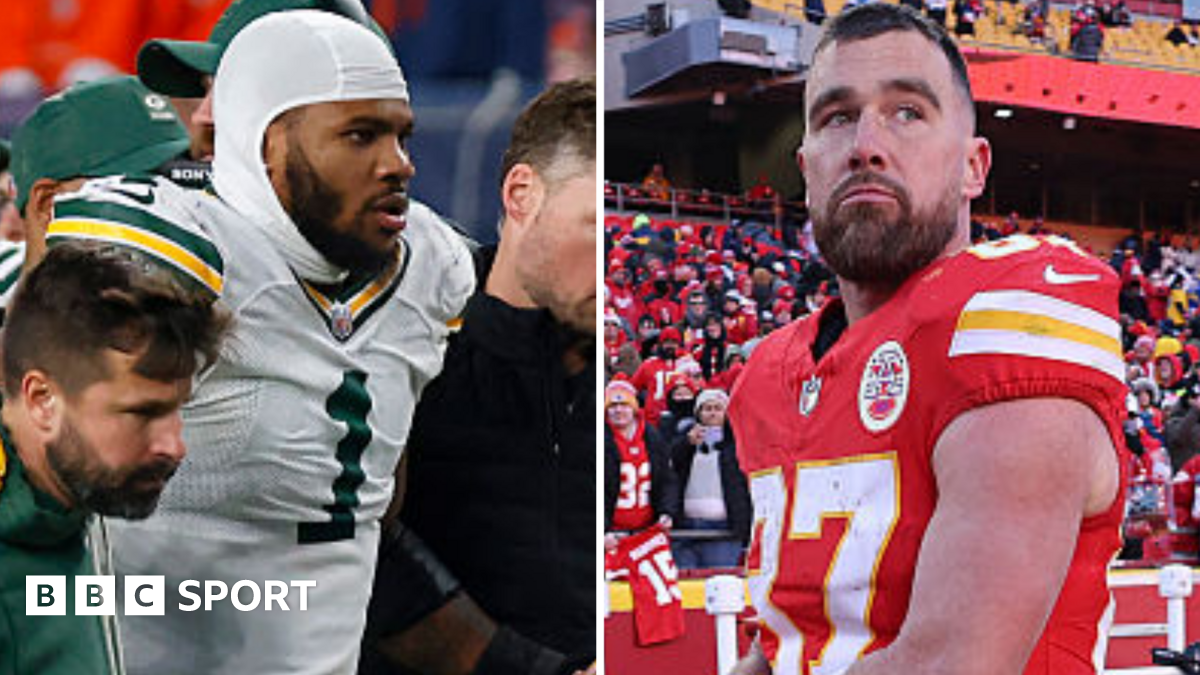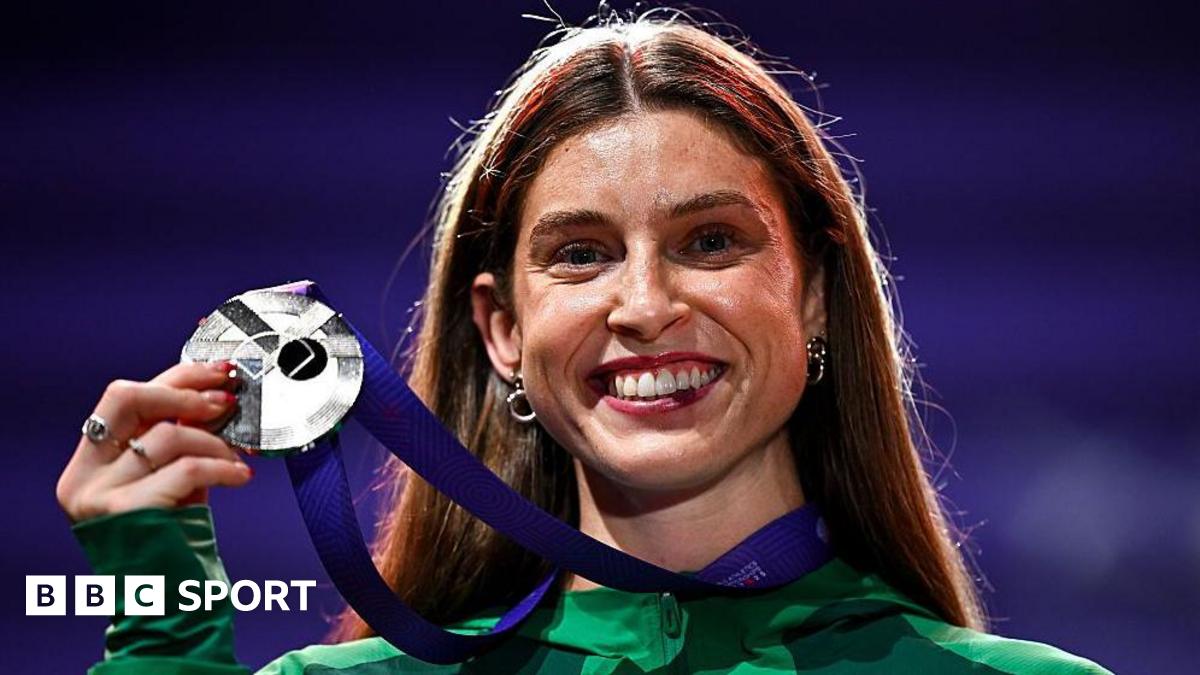Pity the late-comers.
If any of the 81,500-odd strong crowd missed the train or picked up a puncture en route to Twickenham, they would have wondered what they stumbled into early in the second half.
A chasing Maro Itoje scragged Hugo Keenan and pints were spilled in delight. A scrum wheeled and bellows of celebration swept down from the top tier. Ireland wing Andrew Conway was shunted over the touchline and you would have thought Marcus Smith had dived over the tryline.
Everything was amplified. Every inch of territory magnified, every phase loaded with meaning. Twickenham, usually slow to stir, was a frothing, frenzied cauldron. Reserve and perspective was kicked to the curb. Blood was up, and players and fans alike sniffed the extraordinary.
Amid the sound and fury, there would be no reason to count off the players. England were level on the scoreboard and matching Ireland on the pitch. The gap left by their missing man was absent itself.
But it was Charlie Ewels’ second-minute red card that conjured that fever-dream atmosphere.
Plenty were yet to make their seats for his dismissal. With the clock stopped at 82 seconds and trays of plastic pints still being ferried up the aisles, French referee Mathieu Raynal turned his eyes screenwards.
The midfield collision looked bad on first viewing and, whatever angle the TMO offered, it didn’t get any better. Ewels, upright into the tackle, put himself and James Ryan at risk of injury and his team at risk of a red. The two second rows’ heads bashed together and the red card duly, correctly popped out of Raynal’s pocket.
Twickenham howled its disapproval. The contest was ruined inside two minutes. A yardstick to measure England’s progress hopelessly skewed.
Those fears appeared founded at first. Johnny Sexton booted the first points from the subsequent penalty. James Lowe raced in for the first try on six minutes. Caelan Doris flattened brave Harry Randall on his way into the corner on 12 minutes.
Had that Doris score stood, Ireland would have been 13-0 ahead with a conversion to come and perhaps already over the horizon.
But Raynal, whose early call placed him under fearsome scrutiny for the rest of the match, ruled Itoje, immense throughout, had timed a dive through a ruck just right to force Ireland’s Jamison Gibson-Park to knock-on in the build-up.
England reprieved. And they continued to wriggle off the hook. Tadhg Beirne forced an offload with the line beckoning. A line-out throw, five out from England’s line, flew over the back. Doris threw a pass behind Conor Murray as he bore down on full-back Freddie Steward.
But Ireland’s inaccuracy was not even half the story.
Instead the thrill was England’s players shredding the script that came stapled to Ewels’ red card.
They raged against the snuffing out of their slender Six Nations hopes. They watched Tom Curry and Kyle Sinckler hobble out the fray and still their belief held.
They fell back on their few remaining advantages. Ireland’s scrum was sent into a tailspin time and again. They played the percentages. They kicked long and high to keep the green tide at bay for as long as possible.
And, when neither was an option, they defended ferociously. There was one instance that summed up the commitment. In the shadow of his own posts, Ellis Genge dumped Josh van der Flier flat on his back before Sam Simmonds threw himself under the wheels of a rumbling Tadhg Furlong to send the Ireland prop sprawling.
The crowd fed off every act of bravery. The players fed off every decibel. And for a heady 20 minutes or so, together they whipped up a whirlwind that seemed like it might just carry them to the most improbable of wins.
It wasn’t to be. Ireland rode the storm and, as was always more likely, England blew themselves out.
But on the final whistle, as the two sets of players shared embraces and notes on a surreal, scintillating contest, both knew the 32-15 scoreline wasn’t the headline.
“It was a crazy old game,” said Ireland coach Andy Farrell afterwards. “If you paid good money for that at the stadium, I’m sure you would be happy.”
England certainly were.
Coach Eddie Jones called it “a foundation game for us”.
Captain Courtney Lawes said it set a “benchmark” in terms of energy and belief.
Hooker Jamie George went further. “This sounds ridiculous but it’s one of the proudest days I’ve had in an England shirt,” he said.
“I feel quite emotional from this game and the feedback we had from the crowd.
“To play like that with 14 men for 78 minutes against an Ireland team respected as one of the best in the world takes some doing and I’m proud to be part of the group.”
This new-look England have gone to various places to forge bonds over the past few months; paddle-boarding in Jersey, cider farms in Bristol, sea swimming in Brighton.
But the depths they went for each other in adversity against Ireland will have been the most effective team-building exercise of all.
Next weekend, France will test those bonds. However England, stung by defeat and stronger in spirit, will test France too.



